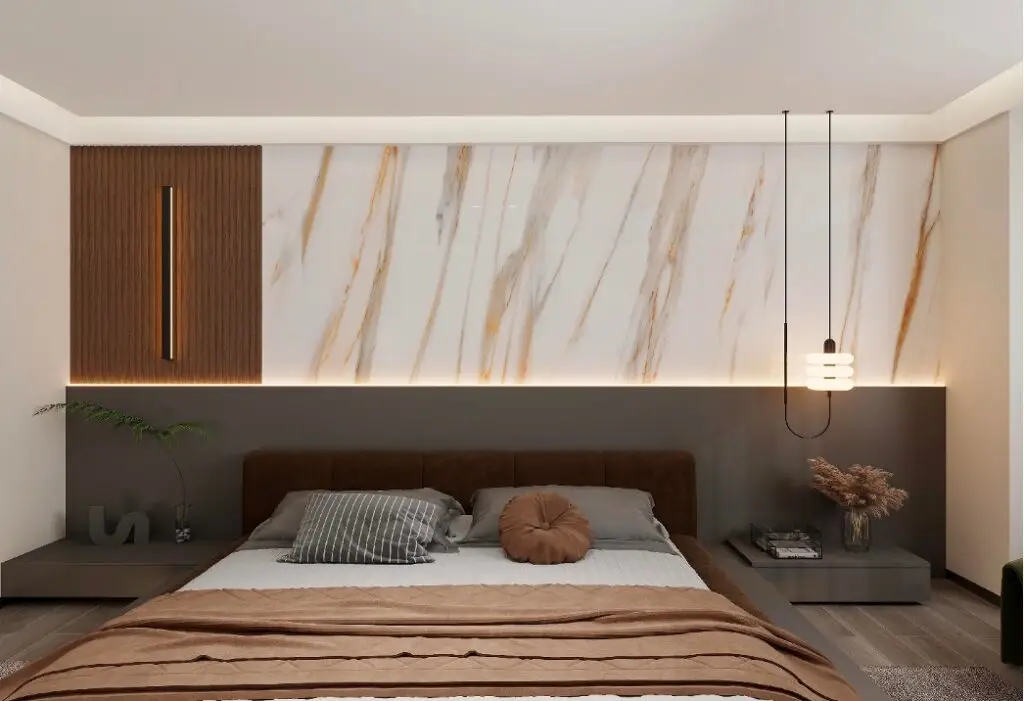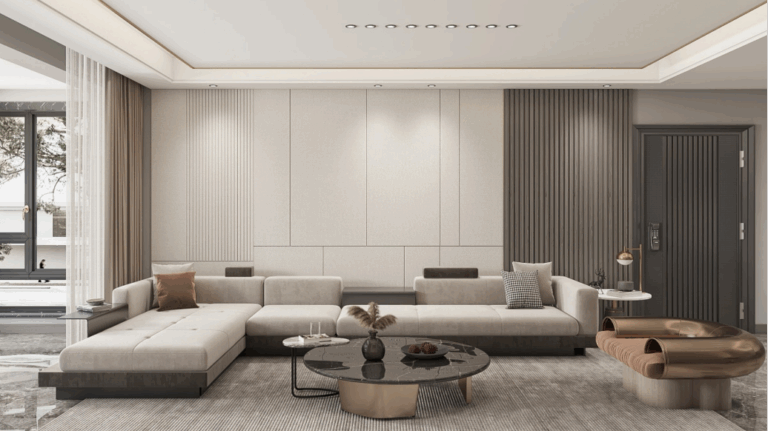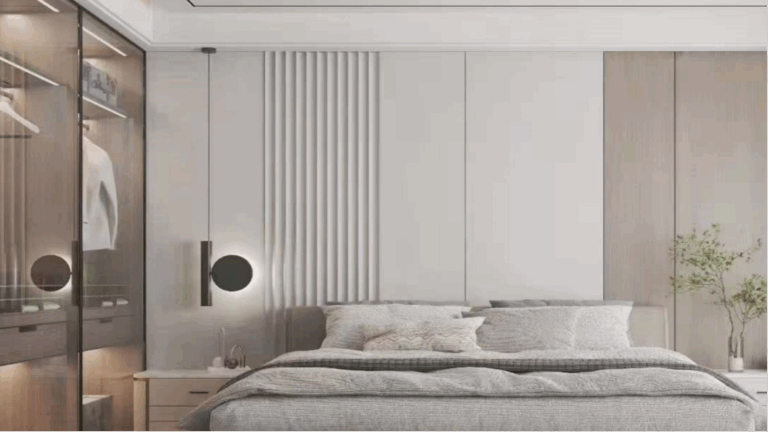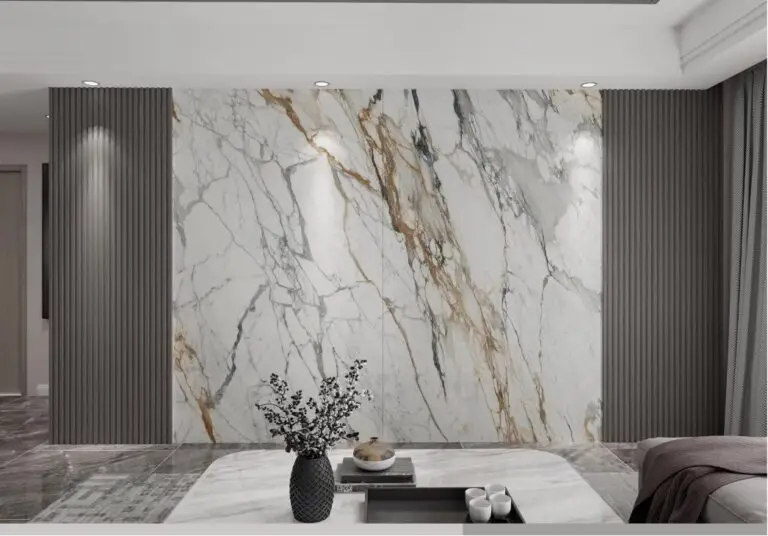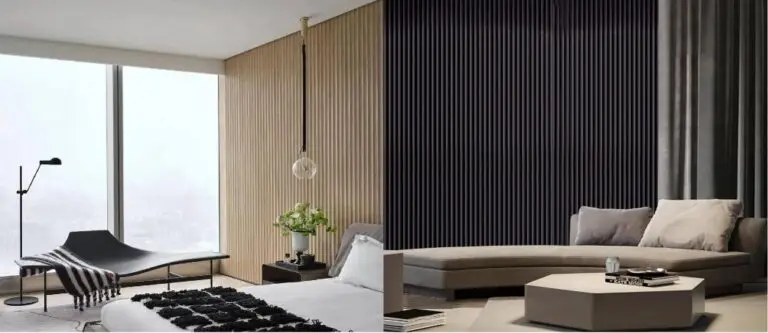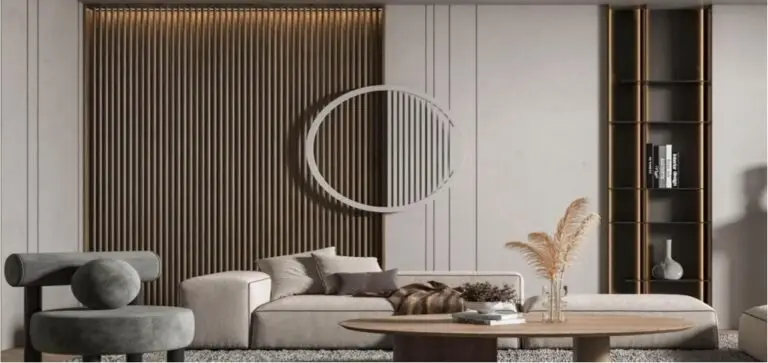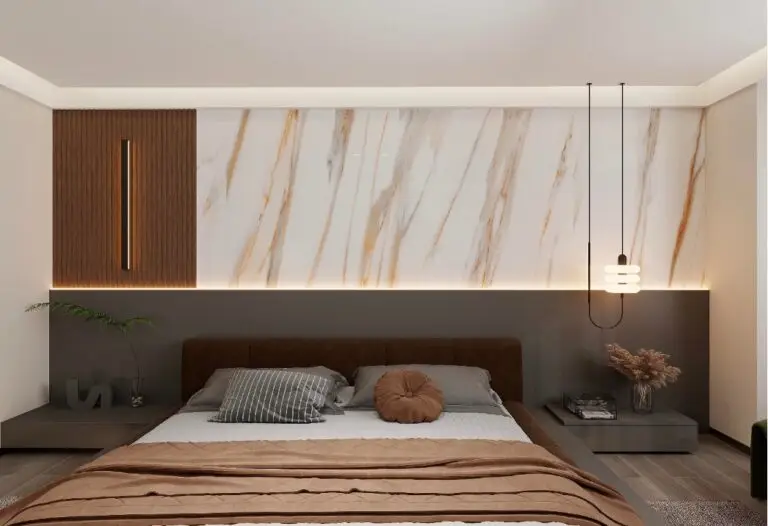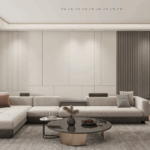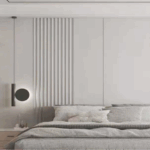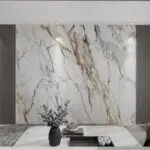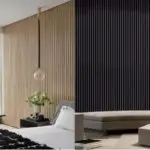Precision Rendering Capabilities: Capturing Nature’s Nuance
UV Inkjet:
Direct ink deposition achieves microscopic detail. Replicating Calacatta gold veins at <0.1mm resolution. Pantone-validated CMYK+W+metallic inks layer translucent mineral effects. Result: 99.5% visual match to quarry samples per spectrophotometer analysis (ΔE<0.8). Brands like Neolith® eliminate pattern repeats across 300+ sheets.
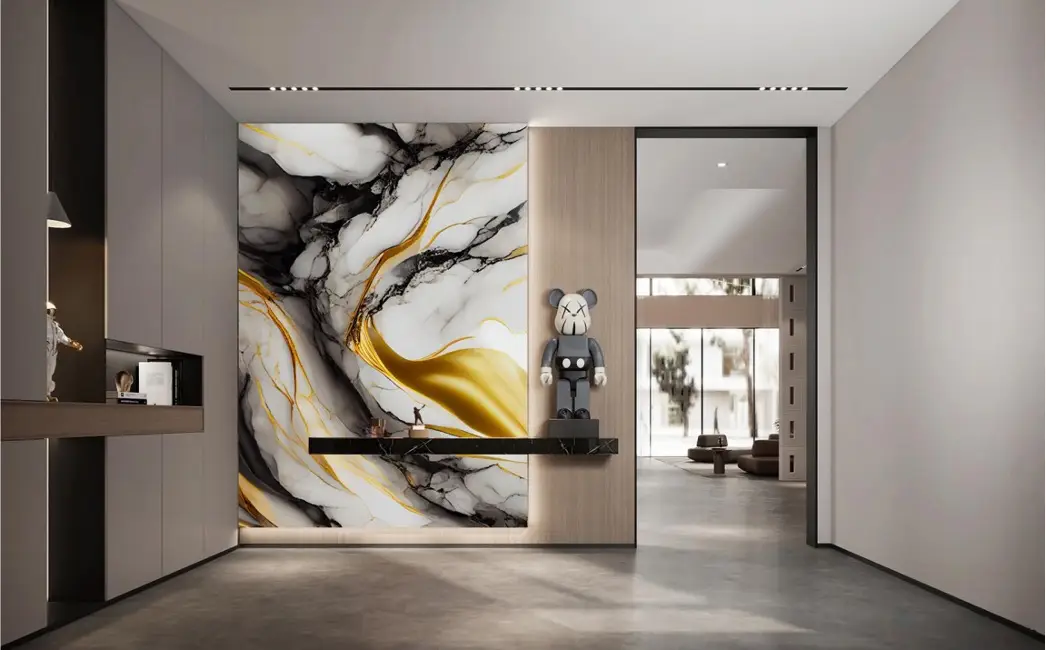
Thermal Transfer:
Dye-sublimation diffuses pigments under heat. Continuous tone rendering struggles with sharp vein definition. Industry tests show ≥8% detail loss on complex Breccia patterns. Higher-end printers achieve ΔE<1.8 accuracy, yet require pre-coating substrates. Limitations persist in emulating statuario’s subtle crystal reflections.
Adhesion & Substrate Versatility
UV Inkjet:
Instant UV-LED curing (395nm) polymerizes inks into scratch-resistant films (3H+ pencil hardness). Bonds universally to:
- Fiber-reinforced polymers
- Porcelain slabs
- Metal composites
Passes 100+ tape peel tests (ASTM D3359). Applications span curved facades to elevator cabs.
Thermal Transfer:
Heat-activated dye penetration demands specific receptivity. Performs best on polyester-coated boards (~200-220°C transfer temps). Adhesion fails on non-porous materials like ceramic or glass. Delamination risks increase in wet areas – Miami humidity tests showed 23% edge lifting after 18 months.
Durability Under Commercial Abuse
UV Inkjet Performance:
- UV Resistance: ΔE<2.0 after 2,000 hrs QUV-A
- Abrasion: Withstands 15,000+ Taber cycles (CS-10 wheels)
- Chemical Immunity: Grade 5 resistance to acids/alkalis (ISO 2812)
Hospital installations show zero degradation after 500+ industrial cleanings.
Thermal Transfer Limits:
- Accelerated fading (ΔE>5.0) occurs after 800 QUV-A hours
- Surface scratching visible at 3,000 Taber cycles
- Dye migration reported with alcohol-based cleaners
Las Vegas casino renovations replaced thermal-printed panels every 3-4 years.
Production Economics & Sustainability
UV Inkjet Advantages:
- Print speeds: 650 m²/hr on Durst Rhotex systems
- 95%+ ink utilization minimizes waste
- Energy consumption: 0.8kWh/m² (vs. 4.2kWh for thermal)
- VOC-free chemistries meet LEED v4.1 standards
Toronto fabricators cut material costs 37% switching from thermal.
Thermal Transfer Constraints:
- Throughput capped at 180 m²/hr (Océ Colorado models)
- 20-30% transfer ribbon waste per job
- Natural gas consumption averages 15m³ per 100m²
- Emission control systems needed for VOC compliance
Critical Application Suitability
Specify UV Inkjet When:
- Installing in high-moisture zones (showers, pools)
- Requiring >10-year warranty coverage
- Printing on diverse architectural surfaces
- Matching historical marble restoration
Consider Thermal Transfer Only For:
- Low-traffic residential accent walls
- Temporary installations (<5 years)
- Budget projects accepting visual compromises
Innovation Trajectory: The Technology Gap Widens
UV systems now integrate:
- Inline priming: Boosts metal adhesion by 200%
- 3D texturing: Embossed veining (up to 0.5mm depth)
- Antimicrobial inks: 99.9% pathogen reduction (ISO 22196)
Conversely, thermal transfer R&D stagnates – only 3 major patents filed since 2020.
Leading manufacturers (Cosentino®, Caesarstone) now exclusively license UV printing. For architects demanding geological authenticity with zero performance trade-offs, UV inkjet emerges as the definitive solution. Thermal transfer’s era in premium architectural surfaces concludes.

